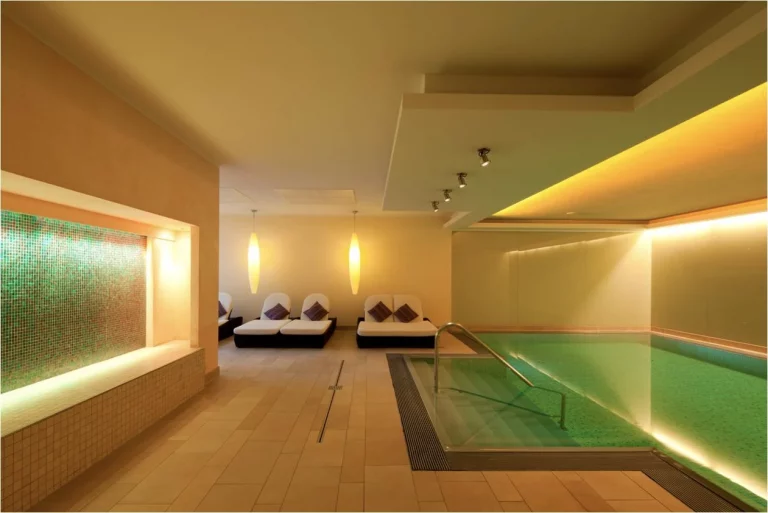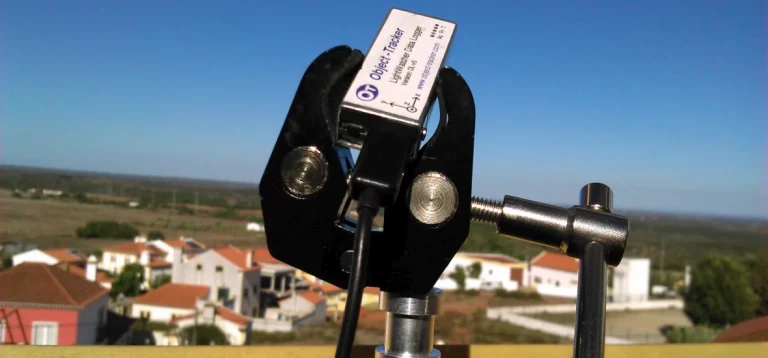Chronobiological Lighting
What is Chrono-biological Lighting?
Implications
Benefits
Research has indicated that different light spectrum has a different impact on human. Using an intelligent chronobiologically adapted light management system not only can benefit physical health levels but also improve overall mental health levels. For example, a control group in the chronobiologically modified lighting condition reported less daytime sleepiness, higher levels of physiological activity and energy as well as overall higher satisfaction with environmental lighting conditions than the control groups. Furthermore, the results of the hair analysis showed higher levels of cortisol when exposed to chronobiologically modified lighting.
Successful Projects
Long-term measurement of spectral light conditions in Portuguese rehab settings
Long-term psychoneuro-endocrinologic evaluation of a chronobiologically adapted light system




